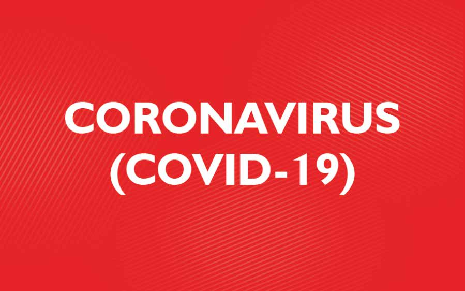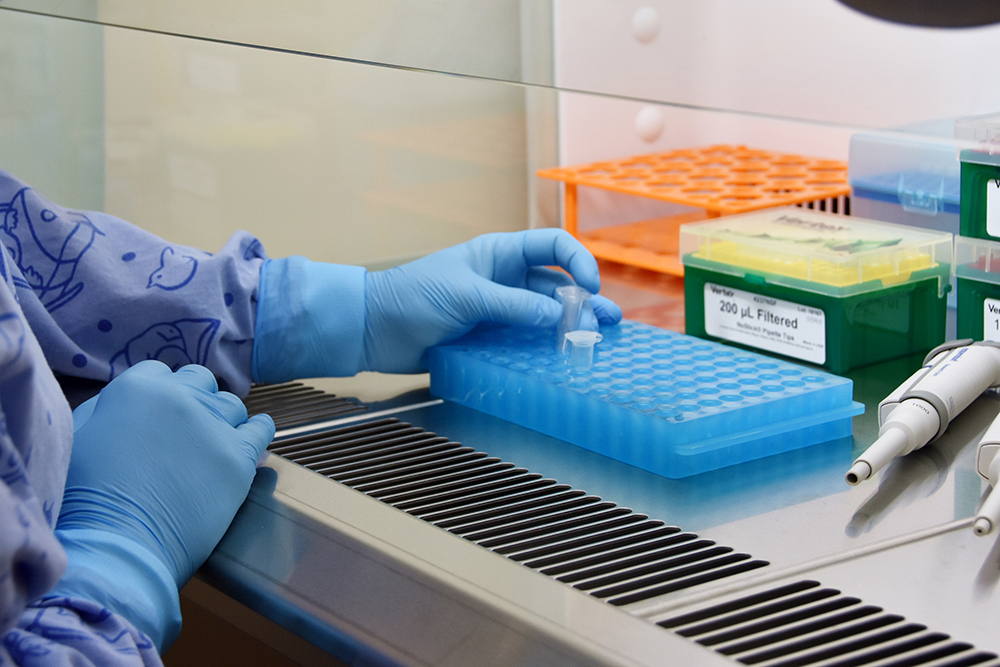Pequeno Príncipe takes part in the Virtual March for Science in Brazil
Researchers presented some of the studies developed to face COVID-19
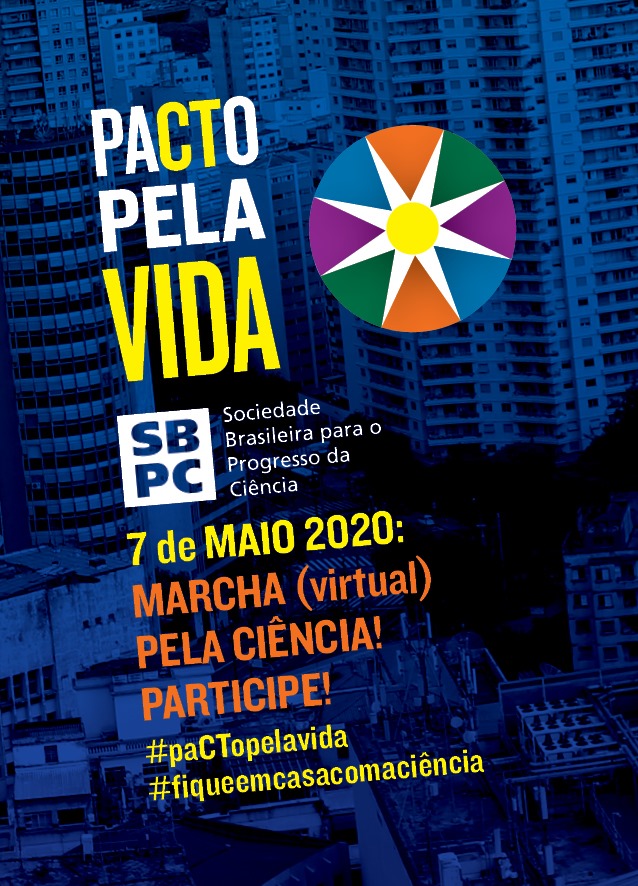
Researchers at the Pelé Pequeno Príncipe Research Institute participated, at the beginning of May, in the Virtual March for Science in Brazil, an event promoted by the Brazilian Society for the Progress of Science (SBPC). The purpose of the act was to raise the awareness of the whole society around the importance of scientific work in fight against the coronavirus pandemic (COVID-19), in addition to sensitizing the population, government and private organizations to the need for investments on behalf of research and to innovation.
The event has been held since 2017 and this year, due to the pandemic, it was virtual. Throughout the day, researchers from different institutions participated in lives on the SBPC YouTube channel. “We participated by presenting the research projects already underway at the institution and dealing with the issue of COVID-19, a topic addressed this year,” explains the director of Translational Medicine at the Pelé Pequeno Príncipe Research Institute, Carolina Prando.
In addition to the live presentations, the Virtual March for Science generated a bank with more than 200 videos of researchers presenting their studies, which can be accessed on the channel of the Brazilian Society for the Progress of Science on YouTube. Click here and check it out.
“The event has a very noble purpose, which is to draw society’s attention to the need for investments in research. In our country, unfortunately, investments in research have not been prioritized and today, more than ever, we depend on science to find a way out of this great crisis caused by the coronavirus,” emphasizes the executive director of Pequeno Príncipe Hospital, Ety Cristina Forte Carneiro.
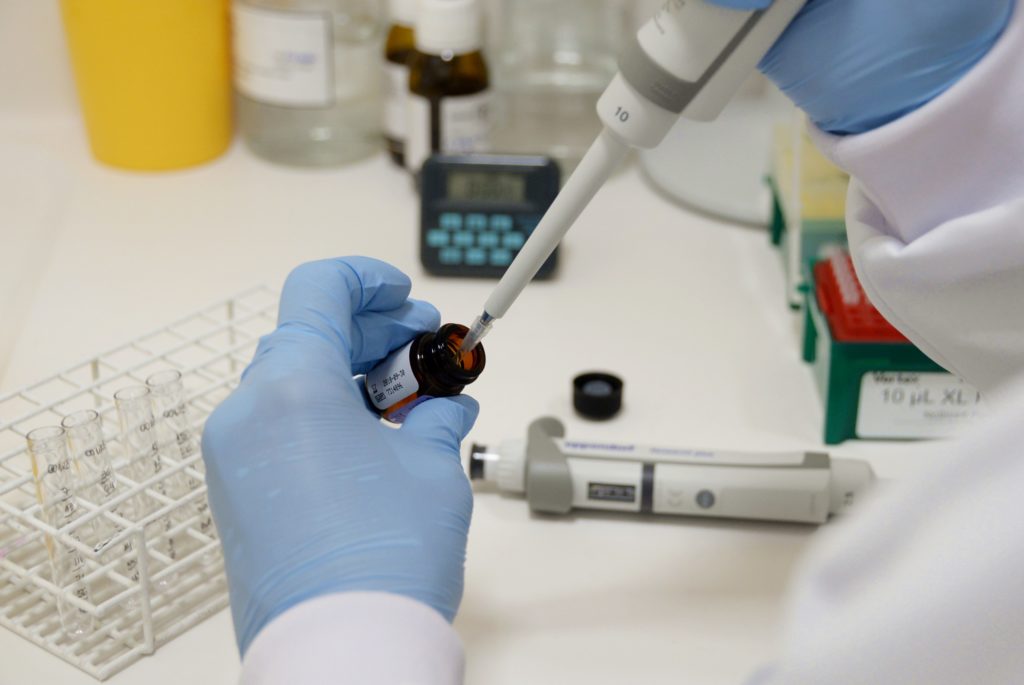
Pequeno Príncipe Projects
Among the studies of Pequeno Príncipe that were presented at the Virtual March for Science is a research on the genetic predisposition to infections by the new coronavirus, which is part of the worldwide project “COVID Human Genetic Effort”. The initiative seeks to understand why some patients who are not in the risk group develop severe forms of COVID-19.
Another research will evaluate the neurological and neurocognitive manifestations in children and adolescents with the disease treated by the Hospital’s Neurology Service. A third team investigates the long-term effects of COVID-19 infection on the development of chronic, peripheral and degenerative inflammatory diseases in the central nervous system.
Another group of researchers develops a clinical study that proposes the use of stem cells in the treatment of children and adolescents aged 3 to 17 years who have severe cases of COVID-19. Donated umbilical cord cells from healthy mothers will be used in conjunction with other treatments that are being established worldwide as a standard for the disease (medications and mechanical ventilation support).
In addition to the treatment itself, this project includes the implementation of a Cell Processing Center (CPC), a space where cells that come from the umbilical cords will be processed until they are transferred to the study participant through a venous access. The CPC will follow all the guidelines of current legislation for the cultivation and use of stem cells in humans and will also serve for the development of other research by the institution.
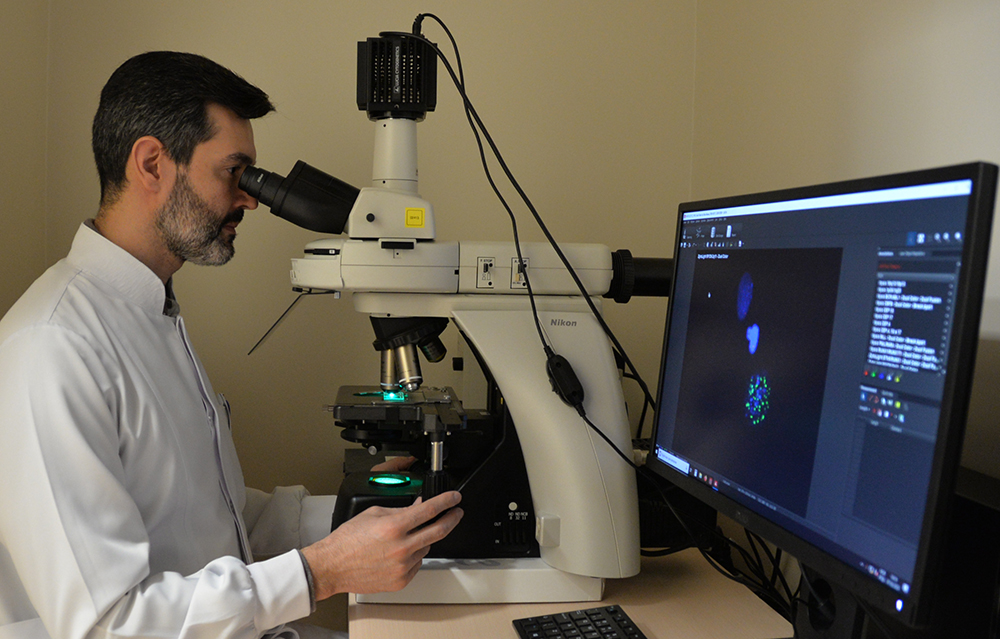
Investments in research
Research and innovation have always been present in Pequeno Príncipe. An example is the creation of the Oral Rehydration Solution that saved so many lives in the late 1930s, the result of research initiated by physician César Pernetta, in 1936, at the then Children’s Hospital (unit that was the cradle of Pequeno Príncipe Hospital). Pernetta created the hydration solution for children with diarrhea, the biggest cause of infant mortality at the time. The idea spread and, in the 1940s, became nationally known as Soro Pernetta, used in practically all health services in Brazil. An advance on behalf of life that quickly surpassed the walls of the Hospital.
“Today, the projects focus on advances in the diagnosis and treatment of complex diseases that cause high mortality in children and adolescents. And, more urgently, in projects related to COVID-19. For these initiatives to be fully implemented, we still need financial support. For this reason, we leave here again the invitation for companies and individuals to engage and join efforts with us in the fight against the coronavirus,” highlights Ety.
For more information on how to support Pequeno Príncipe’s initiatives to confront COVID-19, please contact us: carolina.fossati@hpp.org.br and marcelle.silva@hpp.org.br.
Watch the video about the participation of the Pequeno Príncipe in the Virtual March for Science.
More
COVID-19 Report
Until 10 a.m. on May 22, the Pequeno Príncipe Hospital treated 129 suspected cases of the disease, nine of which were confirmed
Pequeno Príncipe’s Genomic Lab conducts tests to detect coronavirus
Project enabled through the support of society is conducting exams on patients, staff and public agents

